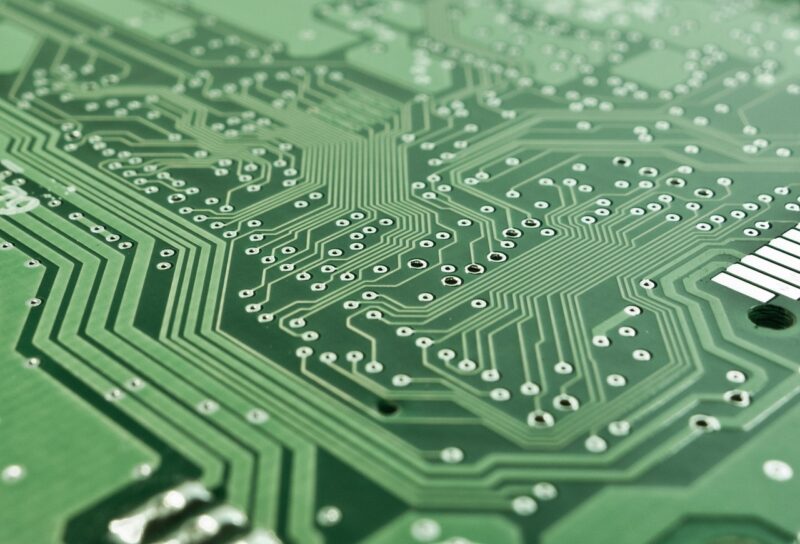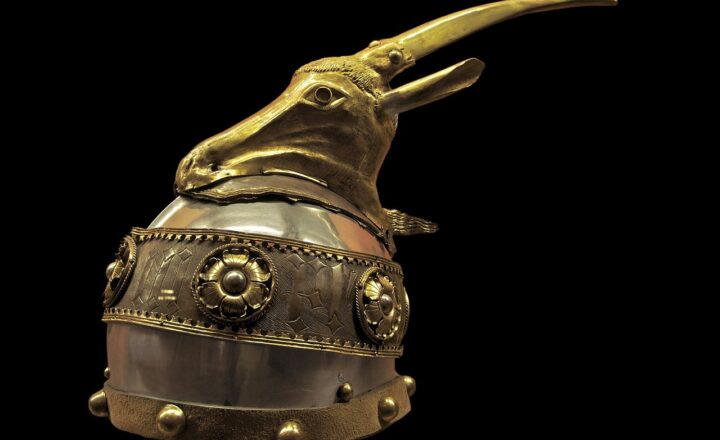10 Historical Women Who Were Pioneers in Science and Technology
November 18, 2024

The history of science and technology is often narrated through the achievements of men, but women have played crucial roles in shaping the fields that define our understanding of the world and our technological advancement. From ancient times to the present, women have challenged societal norms, contributed invaluable insights, and made breakthroughs that have transformed the landscape of science and technology. In this article, we will explore ten remarkable women whose pioneering work has had a lasting impact.
1. Hypatia of Alexandria (c. 360–415 AD)
Hypatia, a mathematician, astronomer, and philosopher, was one of the first known female mathematicians in history. Living in Alexandria, Egypt, she taught mathematics and astronomy and is credited with writing works on geometry and algebra. Despite the societal constraints of her time, Hypatia’s dedication to the pursuit of knowledge and her skills in mathematics and science made her a symbol of intellectual achievement.
2. Marie Curie (1867–1934)
Marie Curie made groundbreaking discoveries in radioactivity, becoming the first woman to win a Nobel Prize. She won two Nobel Prizes: one in Physics (1903) shared with her husband Pierre and Henri Becquerel for their work on radioactivity, and another in Chemistry (1911) for her discovery of the elements radium and polonium. Curie’s research paved the way for advances in medical treatments and changed scientific thought surrounding atomic structure.
3. Ada Lovelace (1815–1852)
Often regarded as the first computer programmer, Ada Lovelace was a mathematician who worked with Charles Babbage on his early mechanical general-purpose computer, the Analytical Engine. In her notes, she described an algorithm for the machine to compute Bernoulli numbers, making her the first to recognize the potential of computers beyond mere calculation. Her insights laid the foundation for the future of computer science.
4. Rosalind Franklin (1920–1958)
Rosalind Franklin was a British chemist whose work was critical to our understanding of DNA, RNA, and viruses. Franklin’s X-ray diffraction images of DNA were crucial in revealing the double helix structure of the molecule. Despite the significance of her contributions, she was often overshadowed by her male counterparts, including Watson and Crick, who received the Nobel Prize for their discovery. Franklin’s legacy continues to inspire researchers in genetics and molecular biology.
5. Grace Hopper (1906–1992)
Grace Hopper was a computer scientist and United States Navy rear admiral known for her pioneering work in computer programming. A key figure in developing COBOL (Common Business-Oriented Language), Hopper’s innovations made programming more accessible. She was also a proponent of machine-independent languages, which significantly influenced the modern computing landscape.
6. Katherine Johnson (1918–2020)
Katherine Johnson was a mathematician whose calculations were critical to NASA’s success during the early years of the U.S. space program. Notably, she played a vital role in the trajectory analysis for John Glenn’s orbital flight in 1962. Johnson’s expertise in analytical geometry and her contributions to the space race helped pave the way for future space exploration and proved that women of color could succeed in STEM fields.
7. Chien-Shiung Wu (1912–1997)
Known as the “First Lady of Physics,” Chien-Shiung Wu was a Chinese experimental physicist who made significant contributions to the field of nuclear physics. Her work on beta decay challenged existing theories of parity in physics and was pivotal in the development of the electroweak theory. Wu’s determination to pursue her passion for science in a male-dominated field exemplifies her pioneering spirit.
8. Mae Jemison (1956–)
Mae Jemison is an American engineer, physician, and former NASA astronaut who became the first African American woman in space. She flew aboard the Space Shuttle Endeavour in 1992, inspiring countless young women and minorities to pursue careers in science and technology. Jemison’s work in space exploration and her advocacy for science education emphasize the importance of diversity within STEM fields.
9. Mary Anning (1799–1847)
Mary Anning was a fossil collector and paleontologist known for her discoveries of Jurassic marine fossils in the cliffs of Lyme Regis, England. Anning’s work led to significant contributions to the understanding of prehistoric life, and she is credited with the first complete Ichthyosaurus skeleton discovery. Her findings helped advance the field of paleontology despite the struggles she faced as a woman in a male-dominated scientific community.
10. Barbara McClintock (1902–1992)
Barbara McClintock was an American scientist who won the Nobel Prize in Physiology or Medicine in 1983 for her discovery of genetic transposition, often referred to as “jumping genes.” Her pioneering research changed the way scientists understand genetic function and inheritance. McClintock’s work laid important groundwork for modern genetics and highlighted the significance of genetic variability.
Conclusion
Throughout history, women like Hypatia and Marie Curie have broken barriers in science and technology, creating pathways for future generations. Their pioneering contributions remind us that innovation knows no gender and that the voices of women should be amplified in STEM. By recognizing and celebrating these remarkable women, we not only honor their legacies but also inspire new generations to pursue their passions in science and technology.
Women continue to play essential roles in shaping the future of science and technology, and it’s crucial to ensure that their contributions are recognized and valued. The stories of these ten women serve as a powerful reminder of the impact of diversity in innovation, encouraging us to foster an inclusive scientific community that drives progress for all.








